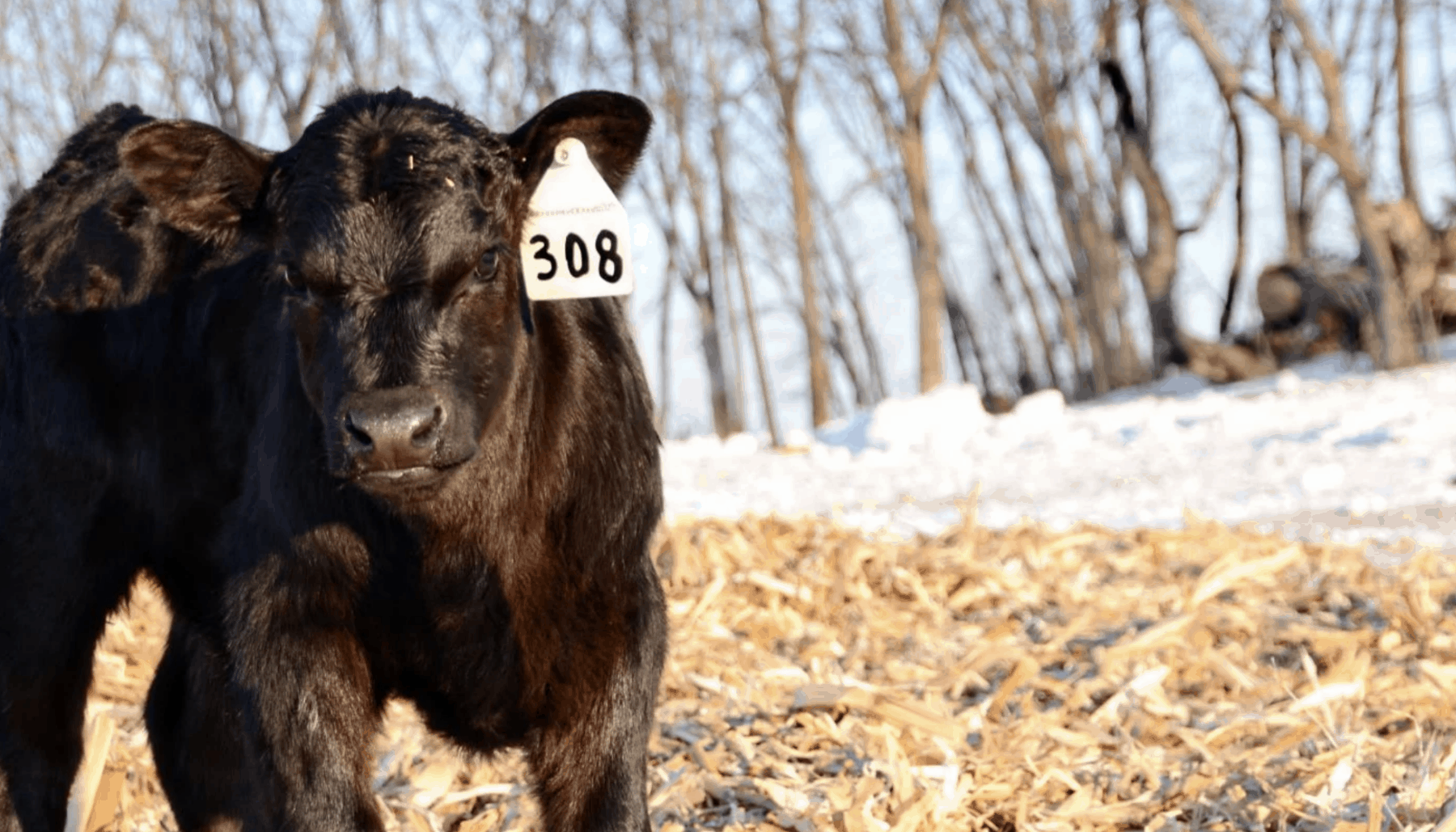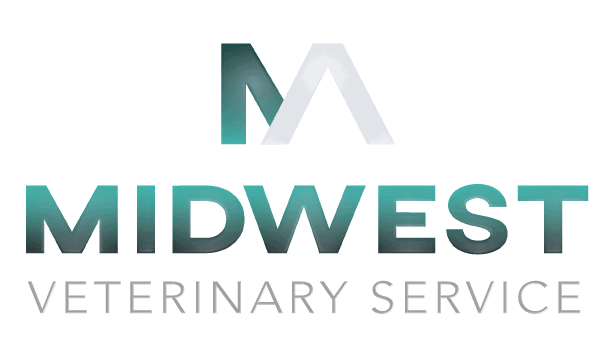
The Scoop on Scours
For cow-calf producers, calf scours can be hugely detrimental and a main reason for financial losses.
Scours is not just one disease, but occurs due to several diseases and several contributing factors, resulting in diarrhea and dehydration. Causes of scours are noninfectious and infectious, and to prevent the infectious causes of scours, the noninfectious causes need to be under control.
One noninfectious cause is a lack of nutrition of the dam during the last trimester of gestation. This can result in poor quality colostrum transferred to the calf. Other noninfectious causes like crowding, poor ventilation, muddy lots, calving and wintering in the same area, along with cows and heifers calving together, all increase stress and risk for newborn calves. A final noninfectious cause to scours would be improper attention to the newborn calf. Calves acquire immune protection through the consumption of colostrum from their mother. The sooner the calf nurses and drinks colostrum, the better immunity protection is on board. Ideally, a calf should drink colostrum within the first two to four hours of life.
There are many infectious causes for scours. Some of the main causes include: Escherichia Coli, Salmonella spp., Coronavirus, Rotavirus, Cryptosporidium and Coccidia. E. coli is the most significant cause of bacterial scours in calves.
Outbreaks of E. coli can begin as young as 16 to 24 hours of age, highlighting the importance of the upkeep of the calving environment. Calves that are battling Salmonella tend to be more severely depressed and are six days of age or older. Both E. coli and Salmonella produce toxins that can have detrimental effects to the calf.
Coronavirus and Rotavirus disrupt cells that line the small intestine causing no nutritional or water absorption. As these viruses cause damage to the intestinal wall, bacteria are able to move in and cause even more harm to the gut, progressing the infection. Coronavirus and Rotavirus infections can occur as early as 1 day of age, but on average, occur at 1 week of age.
Cryptosporidium is a protozoan parasite with the ability to adhere to cells of the small intestine. Calves with crypto range from 1 to 3 weeks of age. Coccidiosis tends to occur in older calves ranging from three weeks of age and older.
Prevention of scours is a year-round effort. Proper sanitation, nutrition, and environmental management play major roles in reducing and preventing calves coming into contact with infectious organisms. Another important preventative factor is vaccinations. A well-planned vaccination program that follows the labeled recommendations can be effective in preventing scours. However, ensuring the calf consumes colostrum soon after birth needs to be done in order for your vaccinations to be effective.
Treatment for scouring calves should always be focused on correcting the dehydration, acidosis, correct body temperature, and electrolyte loss. The use of antibiotics in scouring calves can be a double-edged sword. As many of us do not think twice about giving an antibiotic to a scouring calf, it may do more harm than good. Studies have shown that scouring calves that were given an antibiotic had decreased weight gains later in life. The administration of antibiotics to scouring calves may also cause an increased release of endotoxins depending on what bacteria is present in the small intestine during the scouring event. If the calf is able to suck, providing milk and electrolytes is essential for that calf’s health. If the calf does not have a suckle, intravenous fluids are often needed.
Give Midwest Vet Service a call with any questions or to discuss what products would best work for your operation. We’re always here to help and wish you a productive and healthy calving season!
Share this Post


